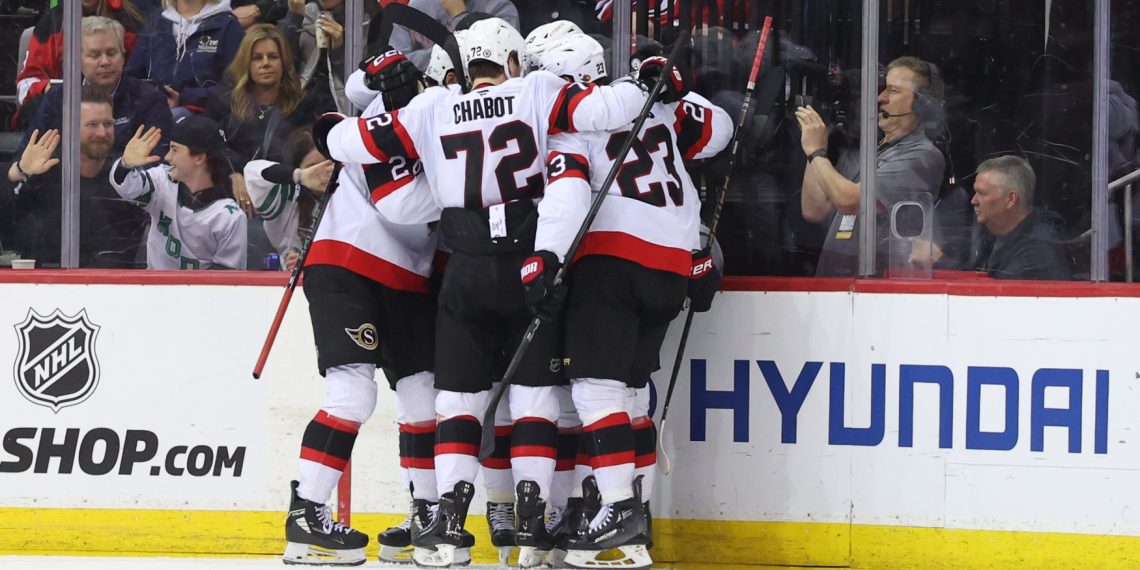In the intense, high-octane world of Stanley Cup competition, the dynamics of team performance and strategy are evolving. It’s no longer merely about superior strength at even play or goaltending proficiency. Today, we must consider the significance of special teams, specifically power play and penalty kill units, when sizing up potential Cup contenders.
Let’s delve into this. Historically, a team’s success hinged on its ability to excel at even strength play and goaltending. If a team fell short in these areas, an early exit from the playoffs was almost a certainty. However, this landscape is shifting. The importance of special teams is growing. They provide teams with the opportunity to offset average even-strength performance or subpar goaltending with a dominant power play or an effective penalty kill.
Of course, it would make sense to view these two special teams components as equally critical. However, in the high-scoring terrain of modern NHL, the math has shifted. An intriguing trend has emerged in the last two decades, spotlighting the increased value of a top-notch power play and a diminishing need for an elite penalty kill.
In the more defensive hockey era of a decade or so ago, most Stanley Cup champions boasted a penalty kill that was at least good, if not great. However, the past decade, marked by an influx of offensive talent and strategic changes aimed at boosting scoring, has seen this relationship reverse. Now, most champions have a high-quality power play, while penalty killing abilities have become less critical.
This trend picked up steam in the 2017-18 season, which also saw a considerable increase in scoring across the league. This shift has been consistent up to 2025. Apart from the 2023-24 season, when the Vegas Golden Knights reigned, every recent champion has had a power play that ranged from good to electrifying. Their penalty kill units were average compared to their regular-season counterparts. A stark contrast to the days when the Los Angeles Kings and Pittsburgh Penguins clinched titles through tight-checking games.
However, the importance of a strong power play shouldn’t overshadow the fact that a champion can’t afford to have a weak special teams unit. Teams that had underperforming units often balanced it with strengths elsewhere. For instance, the 2012-13 Chicago Blackhawks struggled on the power play but dominated penalty kills, while the 2016-17 Pittsburgh Penguins struggled with penalty kills but had the fourth-best power play in the league.
Which brings us to this season’s contenders. The Carolina Hurricanes and the Los Angeles Kings should be deeply concerned about their lackluster success rates on the man advantage. Their scoring rate is comparable to the San Jose Sharks, who are bound for the lottery, achieving just six goals per 60 minutes played. In comparison, the Winnipeg Jets, leading the league, average nearly 12 goals per 60 minutes on the power play.
Meanwhile, the penalty kills in Vegas and Minnesota leave much to be desired. Vegas has managed to mitigate this weakness with the league’s second-best power play, but Minnesota has struggled in both areas, making their battle for a wildcard slot in late March a tough one.
And then there’s the New York Islanders. Their combination of special teams is one of the worst in recent history. If they fail to make the playoffs, it’s likely due to their special teams. Despite performing at par with the Edmonton Oilers and Colorado Avalanche at even strength, it might not be enough to make the playoff cut.
Their power play barely exerts pressure from the perimeter, and their penalty kill concedes shots from the net-mouth area and between the circles when down a man. These shortcomings are surely already on head coach Patrick Roy’s to-do list for the off-season.
In the end, it’s clear that the dynamics of NHL competition are changing. The importance of special teams is growing, and teams that fail to adapt may find themselves left in the dust. It’s no longer just about strength at even play or goaltending prowess – the power play and penalty kill units now have a significant role in shaping a team’s Stanley Cup prospects.









